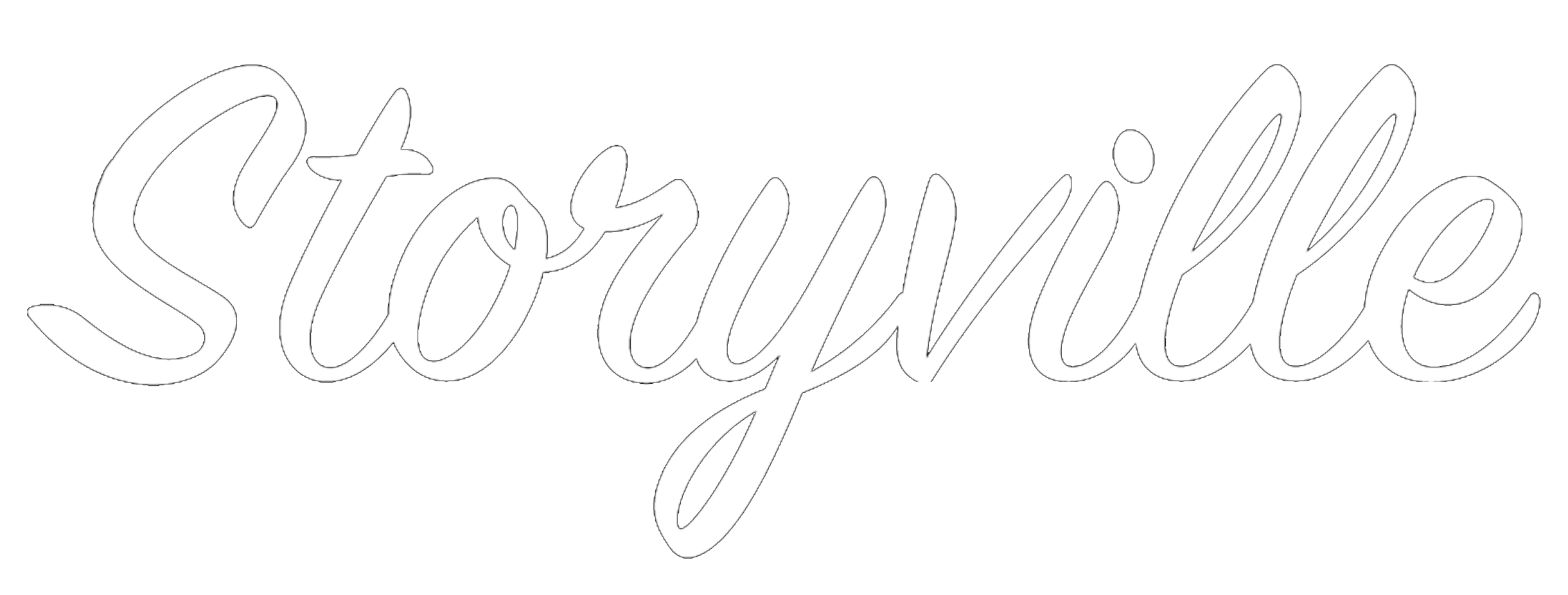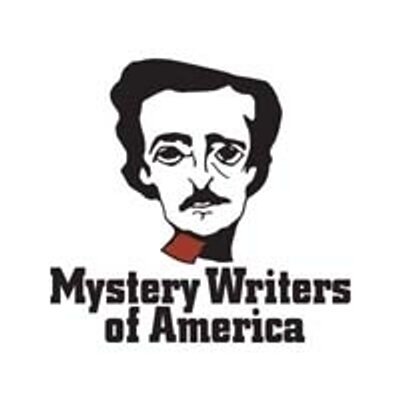
writing resources and links
Below are a number of organizations, websites, resources, and columns that may help you in your endeavors.
Professional organizations
Professional organizations provide a wealth of information and services to writers, both established, and those just starting their journey. If you’re serious about your writing you’ll want to check them out and join if you can.
Horror Writers Association — The HWA promotes the interests of horror and dark fantasy writers. Click through to learn more about membership, the Bram Stoker Awards, or to see their reading list.
Mystery Writers of America — Like the HWA, the MWA is the premier organization for mystery writers, professionals allied to the crime writing field, aspiring crime writers, and those who are devoted to the genre.
Science Fiction & Fantasy Writers of America — The SFWA is the professional organization for authors of science fiction, fantasy and related genres.
The Authors Guild — The Authors Guild supports working authors, advocates for authors' rights, and provides a community for our members.
Story submission
Sometimes, finding a home for your work can seem like a daunting task, but there are tools available to make it easier.
Duotrope — Duotrope is a fantastic tool for researching markets and tracking finding open markets, researching markets, and tracking your submissions. Find out if a market is active, the rate of acceptance, pay, and theme. There is a small fee of $5.00 a month, but if you’re actively submitting work it’s worth it. Richard has also written a column about Duotrope that may help you in your navigation. CLICK OVER for more details.
The Submission Grinder — There’s a lot of debate as to whether Duotrope is superior to The Submission Grinder. They provide the same service, but the Grinder is free. Personally, we like Duotrope. Take a look at both—Duotrope does have a free trial—and decide for yourself.
Poets & Writers — You can find a lot of good information at Poets & Writers. They have a listing of contests, literary magazines, agents and editors. The focus is on literary fiction, but if you’re contemplating a literary market, definitely check them out. Of course, you should read a market before you submit, but many of their literary magazine listings have a section of authors previously published which can be immensely helpful if you’re trying to decide with mags are worth your time.
The Horror Tree — This is a site that contains information on open calls, submission tips, and more.
New Pages — News, info, and guides to lit mags, indie/university presses, creative writing programs, alternative periodicals, indie bookstores, and more.
Markets
To be a writer you need to read, read, read. Read widely and often, and if you’re thinking of submitting to a particular market you should definitely read them first. There are so many good markets out there, but here are a few of our favorites.
Nightmare Magazine — Nightmare is a horror and dark fantasy magazine edited by John Joseph Adams, who edits Best American Science Fiction and Fantasy. Nightmare is one of those golden ring markets, top of the pile, a white whale. They haven’t been accepting unsolicited submissions for a while now, but if you’re writing in this genre you definitely want to read this market. Pro rates. Read online. (For fantasy and science fiction, see JJA’s other venue, Lightspeed.)
Black Static — Another top horror market. Their magazine is very cool. Definitely a place you want to read, and then submit if you’re into horror. Pay rates are only 3 cents a word, but they are consistently getting recognition—Best Horror of the Year, major awards, etc.
Cemetery Dance — Talk about a white whale. Cemetery Dance is the World Fantasy Award-winning magazine of horror, dark mystery, and suspense. They rarely open to unsolicited submissions so watch for the announcement and then send your very best. [NOTE: Richard has published twice with the magazine, so if you like his work, keep them in mind. And don’t neglect the SUSPENSE angle, though they are known for horror. Both of Richard’s stories, “Chasing Ghosts” (Issue #72) and “Battle Not with Monsters” (out in 2019) are paranoid thrillers with horror elements.] Pro rates.
Fantasy & Science Fiction — If you read anything in the realm of fantasy and science fiction then you’re probably aware of this market. Word has it they send out some of the nicest rejection letters out there. Pro rates.
Apex Magazine — A top publisher of fantasy, science fiction, and horror. A great place for hybrid speculative fiction. Pro rates.
The Dark — Known for fast rejection times, they are also publishing excellent horror and dark fantasy. Pro rates.
Strange Horizons — Strange Horizons is a weekly magazine of and about speculative fiction—science fiction, fantasy, horror, slipstream, and other types of fantastika. Read online.
One Story — Don’t let the fact that this is a literary magazine scare you away. They’re a great independent market, a name maker. They’re also very economical as far as pricing goes. If your writing ventures into the literary this is a place to know.
Black Warrior Review — BWR is a literary magazine out of the University of Alabama. They’re open to darker, more fantastical writers such as Stephen Graham Jones.
The above list is just a small sampling to get you started. For a more complete list check out Where to Send Your Stories by Richard Thomas.
Want additional info on how to choose a market? Check out Ten Ways to Evaluate Fiction Markets also by Richard.
Tools
Everyone needs a reference at one point or another. Here are some we’ve found useful.
Storyville Column — Over 120 free columns written by Richard, about craft, process, genre, technique, and much more.
Shunn Format — This is the industry standard for short story formatting—unless a market gives you different guidelines of course.
Literary Devices — Want to take a deep dive into literary criticism? This is a good site to get you started.
TV Tropes — Want to know if something is a trope or to subvert a trope? This exhaustive list is a great reference to have on hand.
The Art of the Cover Letter — Need some tips on constructing a submission cover letter? Here are some great tips from The Missouri Review.
Banner image by Lucas Ettore Chiereguini on Pexels



